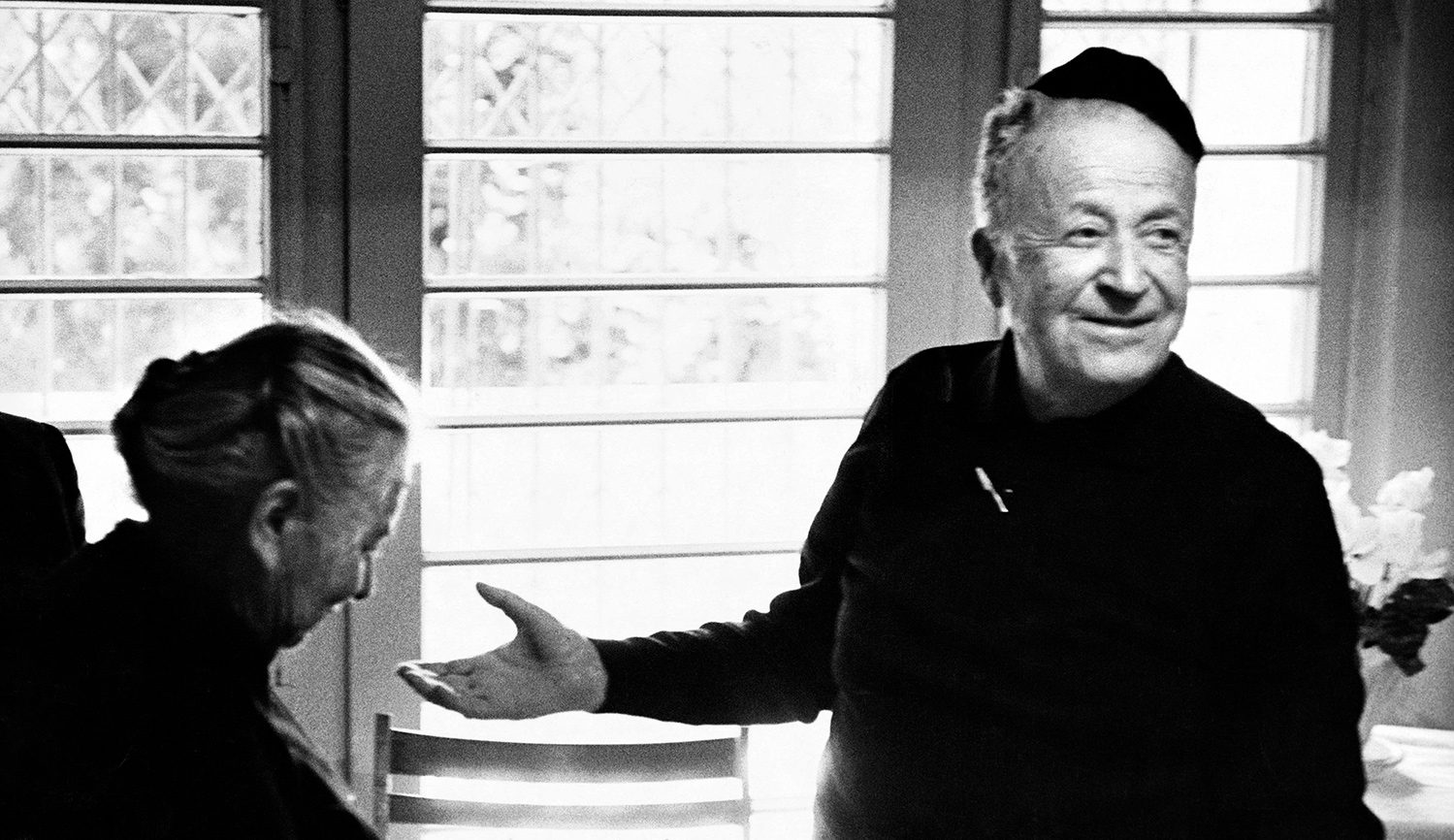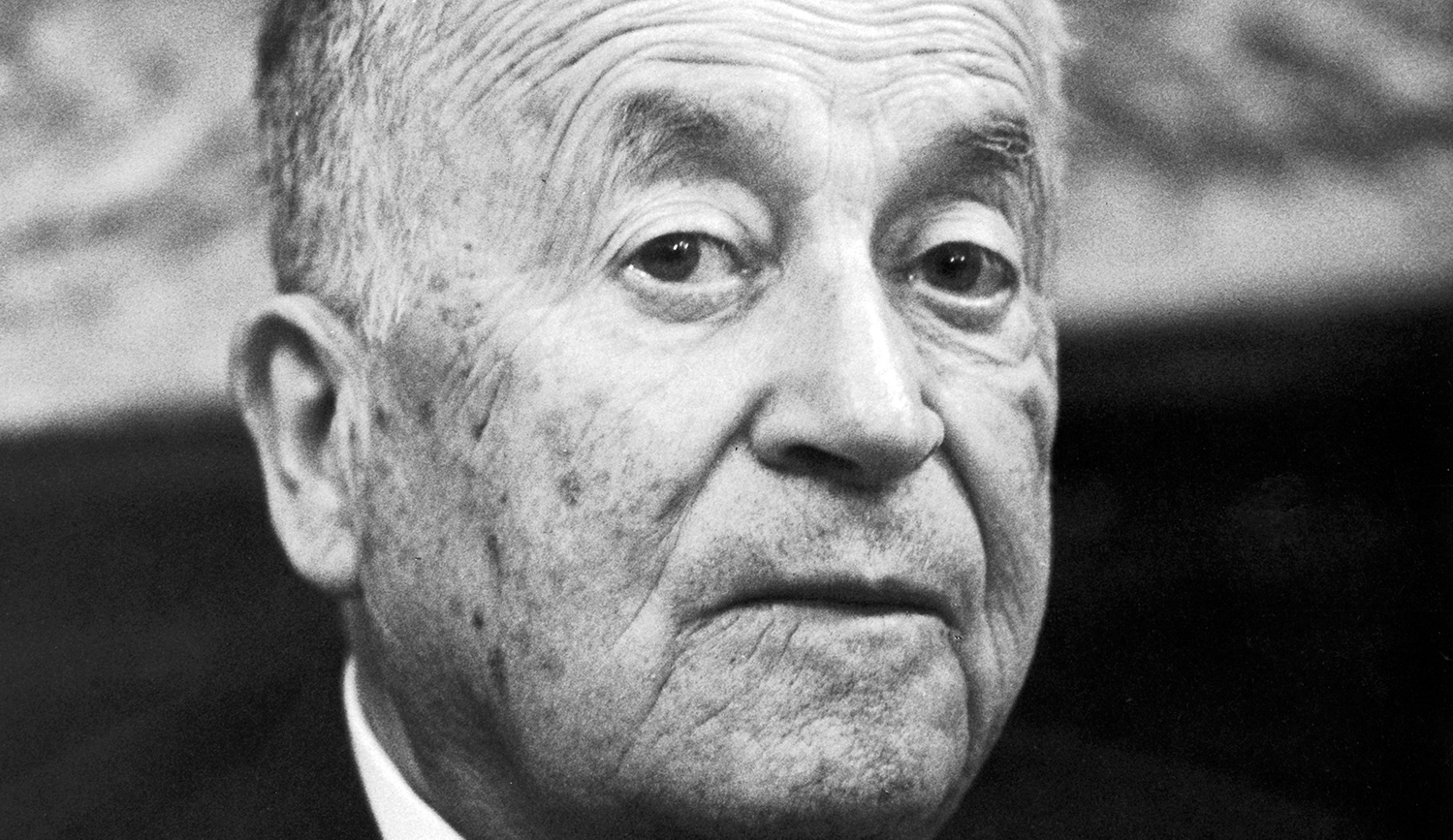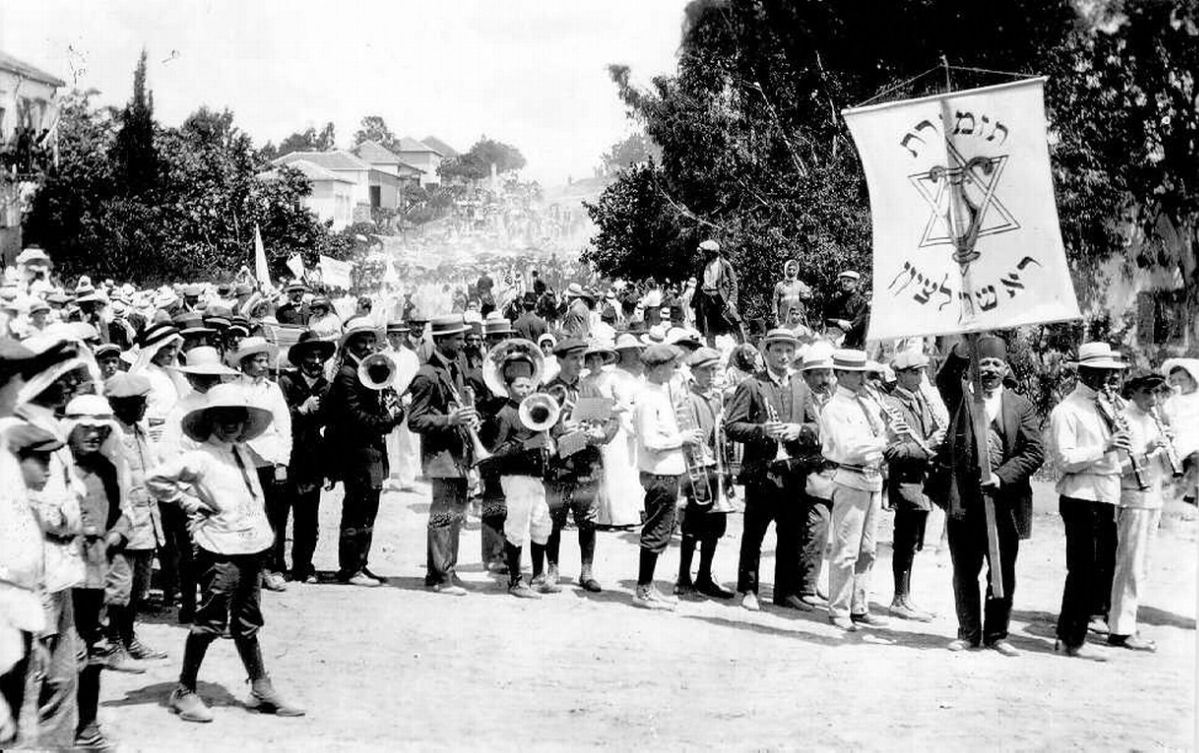My thanks to Jeffrey Saks and Dara Horn for their gracious responses to my essay on S.Y. Agnon and his 1945 Hebrew masterpiece Only Yesterday. I’ll reply to their comments in the reverse order of their appearance in Mosaic.
I thank Dara Horn for her remarks and for making me laugh out loud with a Grouchoism—“Outside of a dog, a book is a man’s best friend. Inside of a dog, it’s too dark to read”—that was new to me. It made me think of the time I literally fell out of my seat and onto the floor, writhing helplessly, while watching A Night at the Opera at the old Thalia movie theater, of blessed memory, in New York.
I’ll return to Agnon’s dog shortly; first I want to address Dara Horn’s guess that, for me, Agnon “must be an ideal writer.” To tell the truth, I’ve never thought of him as my “ideal” Hebrew writer. He’s too sly for my temperament. It took me a long while to appreciate his greatness, and even now there are Hebrew writers I enjoy reading more. In fact—and I say this to my sorrow—when I was offered the job of translating Only Yesterday some 25 years ago, I turned it down. This was partly because there were other things I wanted to do more, and partly because I didn’t realize at the time how intelligent a novel it was. I mistook its slyness for coyness. Perhaps the long passages from it that I’ve translated in my Mosaic essay were meant to be a corrective experience.
Dara Horn has accidentally misquoted me. I said in my essay that the dog Balak was the “second most famous animal” in Hebrew, not in Jewish, literature. Kafka’s cockroach, formerly known as Gregor Samsa, whom she adduces, is certainly known to many more millions of readers than is Agnon’s dog. (This assumes, of course, that Kafka should be thought of as a Jewish writer. I agree with Horn that he should be.) But there is an important difference between Balak and Gregor Samsa—and also, to list Horn’s other famous animals, between Balak and H. Leyvik’s werewolf, Moyshe Leyb Halpern’s talking bird, and Mendele’s mare—or, for that matter, between Balak and Apuleius’ ass and the many birds and beasts in Ovid’s Metamorphoses into which its mythological figures are transformed.
Unlike them all, Balak is not a human being turned into an animal. He is an animal and was never anything else. He is not a Jew trapped in a dog’s body. He is a dog trapped by a Jewish fate.
This distinction is significant. It keeps Only Yesterday in the realm of the realistic rather than what Horn calls the “grotesque” novel. What makes Balak so wonderful a creature is his total dogginess. He not only walks like a dog, runs like a dog, squats like a dog, sniffs like a dog, hungers like a dog, and thirsts like a dog, he also thinks like a dog—or (so Agnon convinces us) thinks as a dog would think if a dog could think. This is why it makes so little sense to interpret him, as some critics have done, as an externalization of the inner, repressed self of the novel’s protagonist Yitzḥak Kummer. Yitzḥak is Yitzḥak and Balak is Balak. Dara Horn is absolutely right in saying that he is “not a metaphor.”
This does not stand in contradiction to the belief, expressed by me in my essay, that Balak was in some sense intended by Agnon to represent the Jewish people, with whom he has chosen to throw in his lot even as that people—or at least its Jerusalem branch—mercilessly hounds him. If he were a person, he would be a ger-tsedek, a Jewish proselyte. That his fellow Jews reject him just as they are rejected by the world is one of Only Yesterday’s many ironies. But since he is just a dog, not a talking dog who can tell them about himself, they can’t be blamed for not understanding him.
That’s more than can be said for a world that doesn’t understand the Jews.
I’m touched by Jeffrey Saks’s remembering an old Commentary essay of mine and taking the trouble to look it up. I myself would never have thought of it in connection with Only Yesterday. But I can see why Saks did.
The adolescent dilemma I wrote about in that piece, which arose from my perception that I had to choose between the religious faith and observance of my childhood and the scientific worldview of my high-school education—and that there was no way of bridging those two things—is Yitzḥak Kummer’s dilemma in Only Yesterday, too (allowing for the fact that he is influenced not by a secular education but by his secular friends in Jaffa). And one might say that, in the terms laid down by the novel, I lost my balance just as Yitzḥak did, although in the opposite direction. In the end, he veers to an Orthodoxy more extreme than the one he was raised in. I gave up Jewish religious practice entirely.
Is Saks right that, in living for my last 48 years in Israel, where “the either/or choice between Judaism and ‘the world’” is “no longer so sharply delineated,” I’ve managed to bridge what once seemed to me unbridgeable? I can’t say that I see it quite that way.
What I’ve managed to solve, as far as I’m concerned, is the problem of how, without being religiously observant (apart, that is, from such performances for children and grandchildren as saying kiddush on Friday nights, lighting Hanukkah candles, building a sukkah, etc., all of which are things that many “secular” Israelis do), I can still lead a full Jewish life by living it in the Hebrew-speaking country that is the Land of Israel of Jewish tradition. In America, this would not have been possible.
That possibility, after all, is what secular Zionism is all about. But the intellectual rift between Judaism and modernity, though it no longer seems to exist for most observant Jews, still exists for me. In that sense, I’ve never regained the balance I lost at the age of fifteen.
This takes us back to Only Yesterday. Saks is justified in reminding us that the figure of “standing Menaḥem,” whom I did not mention, embodies an equilibrium between religious tradition and Zionist pioneering that no one else in Only Yesterday achieves, and is meant to suggest that there is indeed a middle way, even if few choose it.
Although I am generally skeptical about making much of a character’s name, it may be significant that Menaḥem means “comforter” in Hebrew, just as it may also be significant that this is the name of a similarly positive character in Yosef Ḥayyim Brenner’s Breakdown and Bereavement, a novel that shares common themes with Only Yesterday. (In it, too, a would-be Zionist pioneer ends by retreating to the protective cloister of Jerusalem’s Old Yishuv.) But Menaḥem is a minor figure in Only Yesterday, far more so than Bloykop or Arzef, two others whom I dealt with at some length, and is hardly a serious counterweight to the rest of it.
Finally, in saying that I went “too far” in characterizing the ending of Only Yesterday as parody, Saks is agreeing with other critics of the novel who do not read it as I do. I think they are selling Agnon short. Only Yesterday’s last lines are mawkish and sentimental, and Agnon was as far from such qualities as a writer can possibly be. Either he uncharacteristically lapsed into them at the very end of his longest novel or else he characteristically chose to end it with an Agnonesque wink. I vote for the wink.
More about: Arts & Culture






